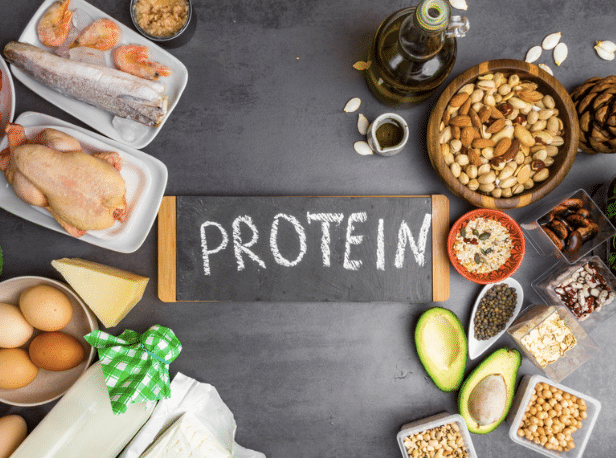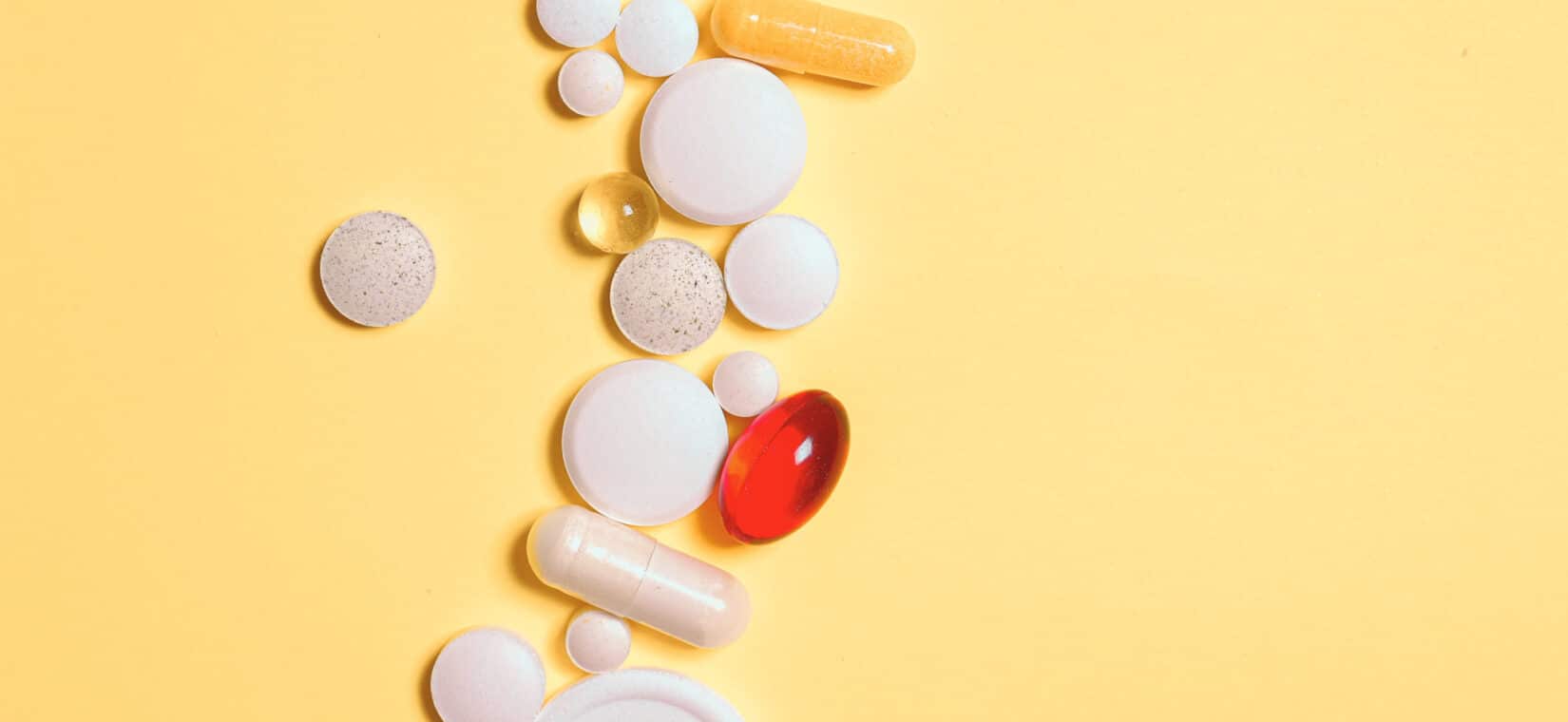While there is no way to prevent the Coronavirus disease at this time, there are some things you can do to decrease your chances of getting sick and protect yourself and your family.
What is Coronavirus?
Coronavirus disease 2019, also known as COVID-19, is the name of the respiratory illness caused by the 2019 novel coronavirus that was first detected in Wuhan, China. You may also see it referred to as the 2019 Novel Coronavirus, 2019-nCoV, or SARS-coV-2. Coronaviruses are a large family of viruses named for the spikes on their surface that look like crowns (“corona” means crown in Latin). This particular strain is one among the many types of coronaviruses that can infect mammals and birds—chances are, if you’ve had a common cold before, you’ve had a coronavirus.
How is the Coronavirus spread?
Transmission of COVID-19 happens mainly through respiratory droplets and close contact, similar to how influenza is spread. That means exposure to an infected person coughing, sneezing, or sharing drinks with you, or touching surfaces where germs could be, and then touching your face/eyes/mouth can spread the disease. The Centers for Disease Control and Prevention (CDC) defines close contact as being within 6 feet or within a room or care area for a prolonged period without personal protective equipment or having direct contact with secretions of a person with COVID-19 infection. In other words, it spreads relatively easily—so prevention is key.
How can you protect your family from the Coronavirus?
While the Coronavirus may leave you feeling anxious—how bad will this be? Will someone I love get the virus? What happens then?—there are a few precautions you can start taking today to limit your contact with germs and boost your immune system naturally.
1. Keep Germs Away With Mindful Sanitation
The CDC recommends everyday preventive actions to help prevent the spread of respiratory diseases, including:
- Wash your hand for at least 60 seconds with soap and water.
- Avoid close contact with people who are sick.
- Be mindful of WHAT you touch, and avoid touching your eyes, nose, and mouth except with clean hands.
- If you get sick—with Coronavirus or anything else—stay home! Don’t expose other people. The sniffles, a cough, a fever, even a tickle in your throat are all a good reason to stay in bed, rest up, and drink lots of fluids.
- Cover your cough or sneeze with a tissue, then throw the tissue in the trash.
- Clean and disinfect frequently touched objects and surfaces using a regular household cleaning spray or wipe.
- Follow CDC’s recommendations for using a surgical mask or respirator:
- If you’re sick: Surgical masks are recommended for people who show symptoms of COVID-19 to help prevent the spread of the disease. The use of surgical masks or respirators is also crucial for health workers and people who are taking care of someone in close settings (at home or in a health care facility).
- If you’re not sick: CDC does not recommend that people who are well to wear a surgical mask or respirator to protect themselves from respiratory diseases, including COVID-19.
- Wash your hands often with soap and water for at least 20 seconds, especially after going to the bathroom; before eating; and after blowing your nose, coughing, or sneezing.
- If soap and water are not readily available, use an alcohol-based hand sanitizer with at least 60% alcohol. Always wash hands with soap and water if hands are visibly dirty.
2. Optimize Your Gut Health
The microbiome plays an integral role in keeping the immune system ready to fight off any intruders. You may want to try some of these ideas:
- Add foods and spices with antiviral properties to your diet. These include coconut oil, raw garlic, oregano, ginger, kimchi and other fermented foods, walnuts, pomegranate, green tea, apple cider vinegar, and medicinal mushrooms (shiitake, maitake, reishi, cordyceps, turkeytail).
- Eat the Rainbow. Colorful fruits and vegetables are full of antioxidants that destroy the free radicals that weaken your immune system and are responsible for making you feel sick when you catch a bug. Each color provides a different antioxidant power, so be sure to eat the rainbow every day, not just when trying to avoid Coronavirus!.
- Stay hydrated. Stick to water, coconut water, herbal teas, and bone broth. No soda or sugary drinks —these can slow down your immune system for hours! What’s an estimate of how much water you need? Divide your body weight (in pounds) in half and drink that number in ounces.
- Drink bone broth. Bone broth has amazing immune-supporting properties. Make it at home by simmering beef or chicken bones in water with your favorite seasonings for a few hours, or pick up some organic broth at the grocery store.
- Eat fermented foods. The probiotics contained in fermented foods have tremendous immune-boosting powers. In fact, the fermented Korean cabbage, kimchi, was found to have significant effects in preventing and fighting the H1N1 influenza virus (Swine flu). Other examples of delicious fermented foods include sauerkraut, pickles, miso, kefir, and kombucha.
- Avoid simple sugars and processed/junk food. Did you know that blood shows lab evidence of a lowered immune system within 30 minutes of eating simple sugars (like glucose, refined sugar, and fructose) and causes a 50% reduction in your white blood cells’ abilities to kill germs? White blood cells are your “army” cells that fight off germs. This effect is most noticeable 2 hours after ingestion, but is still present 5 hours later! Keeping blood sugar levels healthy has been shown to improve immune system activity.
- Fresh air and moderate daily exercise. Moderate exercise can boost the production of macrophages, the kind of white blood cells that “eat” bacteria and viruses. However, intense exercise can temporarily decrease immune function, so everything in moderation.
- Sleep! We’ll repeat it: SLEEP! An increase in sleep increases your number of white blood cells. On the other hand, loss of sleep even for a few hours increases inflammation in your body, which can make you more susceptible to catching the flu and having more severe symptoms.
- Minimize stress. Emotional stress creates physiological stress in your body that lowers your immune defenses and makes you more vulnerable to illness. Stress has been shown to lower your white blood cells’ abilities to kill germs and actually creates more inflammation that may make you feel even sicker. There are many ways to minimize stress depending on your interests— a few options include meditation, yoga, or reading a book!
3. Consider Immune-Boosting Supplements
Consider boosting your immune system even more with nutritional supplements to give your body increased antiviral defense:
- Fish oil. Omega-3 essential fatty acids have a host of immune benefits.
- Probiotics. One study showed a dramatic reduction in fever and upper respiratory symptoms in children who took a probiotic with a specific combination of Lactobacillus and Bifidobacterium daily throughout the cold and flu season. Probiotics are what make fermented foods pack such a punch.
- Vitamin C. A powerful antioxidant which can assist our ability to ward off and deal with infection.
- Vitamin D3. Studies have shown that people supplemented with adequate levels of Vitamin D3 during the cold and flu season had significantly lower rates of infection. Vitamin D3 increases our body’s production of cathelicidin, an antimicrobial compound, to help fight viral and bacterial infections.
- Zinc. Zinc is required for the normal functioning of white blood cells, and supplements has been found to improve our immune cells’ ability to ward off infection.
Bottom Line: Don’t Panic—Prepare
This is not the time to stress, obsess, or panic, but it is a good time to start preparing with an action plan. Good old-fashioned preparedness with tips like these can put your mind at ease as we wait to get an idea of the scope of this Coronavirus outbreak.
Like what you read? Then check out our FREE Specialty Courses!
Additional Resources
- Aubrey, Allison. “5 Ways To Prevent And Prepare For The Coronavirus.” NPR, NPR, 28 Feb. 2020, www.npr.org/2020/02/27/810016611/coronavirus-101-what-you-need-to-know-to-prepare-and-prevent.
- “Coronavirus (COVID-19): What a Pediatrician Wants You to Know.” Healthy Kids Happy Kids, 6 Mar. 2020, healthykidshappykids.com/2020/02/27/coronavirus-covid-19/.
- “Coronavirus COVID-19 Global Cases by Johns Hopkins CSSE.” Operations Dashboard for ArcGIS, 2020, www.arcgis.com/apps/opsdashboard/index.html#/bda7594740fd4.
- “Coronavirus.” World Health Organization, World Health Organization, 2020, www.who.int/emergencies/diseases/novel-coronavirus-2019.
- “Prevention, Treatment of Coronavirus Disease 2019 (COVID-19).” Centers for Disease Control and Prevention, Centers for Disease Control and Prevention, 15 Feb. 2020, www.cdc.gov/coronavirus/2019-ncov/about/prevention-treatment.html.
Our Latest Blogs
-

Food Sensitivity Testing 101: Supporting Clients with Inflammation and Gut Issues
Read Full Article: Food Sensitivity Testing 101: Supporting Clients with Inflammation and Gut Issues -

Protein 101: The Health Coach’s Guide
Read Full Article: Protein 101: The Health Coach’s Guide -

Women’s Health and the Vaginal Microbiome: A Probiotic Breakthrough
Read Full Article: Women’s Health and the Vaginal Microbiome: A Probiotic Breakthrough

